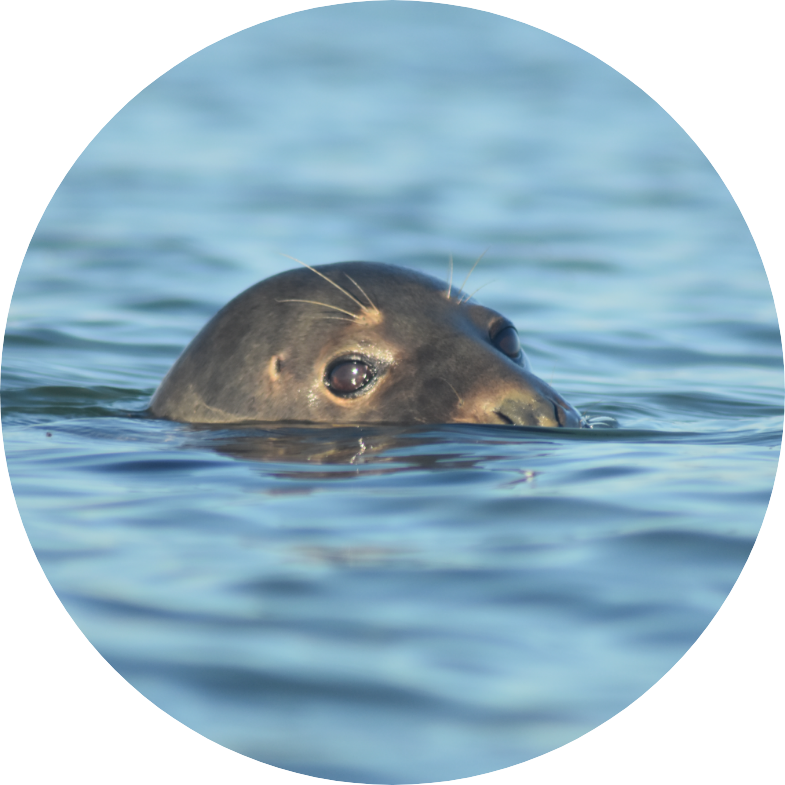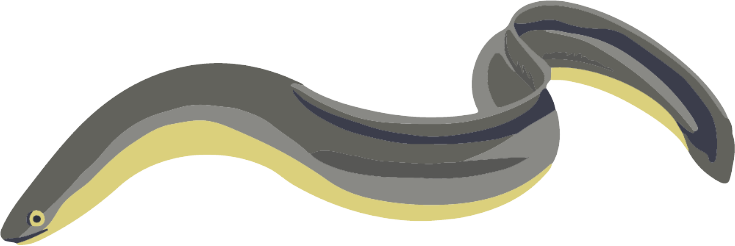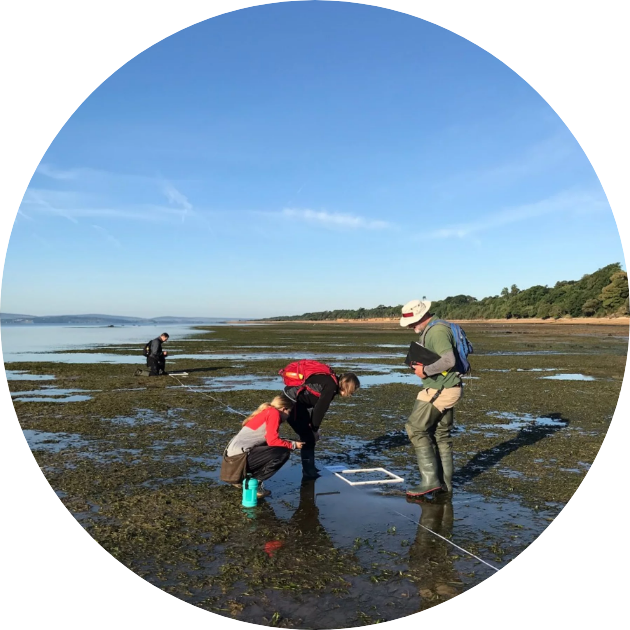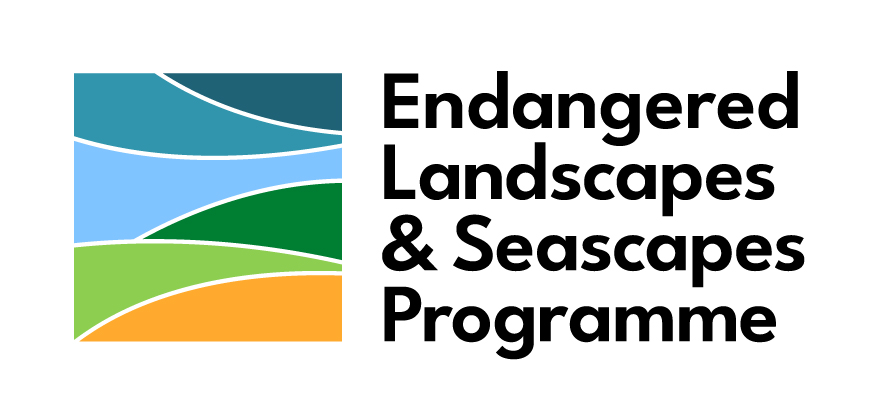Frequently Asked Questions


What is the Solent Seascape Project?
The Solent Seascape Project is a collaborative initiative to restore multiple habitats in the Solent strait, a diverse estuarine system between the Isle of Wight and mainland England. In a partnership of ten organisations, we are engaging local communities and stakeholders to co-develop an ambitious seascape recovery plan that is the first of its kind in the UK. The project will support the delivery of valuable ecosystem services by restoring and reconnecting four critical coastal habitats across the Solent: saltmarsh, seagrass, oyster reefs and seabird nesting sites.
Who is involved in the project?
Blue Marine Foundation are leading the Solent Seascape Project in partnership with nine other organisations: RSPB, University of Portsmouth, Hampshire and Isle of Wight Wildlife Trust, Chichester Harbour Protection & Recovery of Nature, Project Seagrass, Natural England, Environment Agency, Coastal Partners and Isle of Wight Estuaries Project. Local stakeholders are highly involved in the project, for example in co-developing the Solent Seascape Recovery Plan. The wider community is also involved in our outreach activities and through a range of volunteering opportunities.
Where are you restoring habitats, and how?
The Solent Seascape Project partnership is restoring multiple habitat types (seagrass, saltmarsh, oyster reef and seabird nesting habitat) across the Solent. The Solent is the estuarine area between the Isle of Wight and mainland England, from the tip of the Needles on the Isle of Wight out to Selsey and Pagham Harbour. Take a look at our project infographic here to see exactly where our partners are working. The project is trialing a range of methods to restore our local habitats. We are building new shingle islands for seabirds to nest on, re-using dredged sediments from shipping channels to restore saltmarsh habitat and transplanting seagrass fragments, to name a few. See our Habitats page to find out more about the restoration process for each habitat.
Why is habitat restoration necessary?
The Solent has seen high levels of habitat loss, degradation and fragmentation due to combinations of pressures such as industrial activity, overuse and sea level rise. In the UK generally, 95 per cent of oyster reefs have disappeared, 85 per cent of saltmarsh has declined and 92 per cent of seagrass meadows have gone, half of which have been lost in the past three decades alone. Restoration can give nature a critical kick-start to begin habitat recovery and regrowth. Luckily, the Solent still exhibits high levels of biodiversity and provides an important habitat for many species, so now is consequently a critical time to act and prevent further degradation. Restoration efforts in the area are building momentum – the Solent Seascape Project aims to elevate the success of previous and existing efforts by continuing restoration work across the region. In doing so, we can catalyse seascape-scale recovery by reconnecting and increasing the extent of existing habitats.
What does ‘seascape’ mean?
In the context of the Solent, we use the term ‘seascape’ to refer to the patchwork of interacting habitats along the coastline where the land and sea interact. This seascape acts as an important boundary, providing protective buffers for nature and people. This seascape is connected by ecological processes (such as fish or seabirds moving to feed throughout the area) and physical processes (e.g. tidal flows and currents), allowing animals and plants, matter and energy to move between habitats. This connectivity is important for the functioning of coastal habitats and their ability to support coastal food webs, biodiversity and the flow of ‘ecosystem services’ that benefit both people and nature (such as carbon storage or water filtration). Seascapes can be across varied scales and sizes and can extend from our shores out into the surrounding shallow coastal shelf seas – up to 80 m deep. This is adapted from an original seascapes statement by Professor Joanne Preston.
How is the project funded?
The Solent Seascape Project is supported by a five-year grant from the Endangered Landscapes & Seascapes Programme (ELSP), managed by the Cambridge Conservation Initiative and funded by Arcadia, and the grant-making charity East Head Impact. We are currently working on developing sustainable finance mechanisms to allow the project to continue longer-term.
How will the project help long-term protection of the Solent?
This project focuses on restoring and reconnecting important habitats across the Solent to enhance their resilience to human impacts and climate change. In doing so, these habitats will help to address key issues of water quality and erosion by providing valuable benefits such as water filtration (oyster reefs), sediment stabilisation and enhanced carbon sequestration (seagrass and saltmarsh). Also known as nature-based solutions, services from habitats along the coast and sea will restore and protect in the Solent Seascape Project, offer sustainable, long-term benefits for human well-being and our environment in the fight against climate change and other threats.
How will the project deal with sewage pollution in the Solent?
We conduct thorough feasibility studies into potential restoration sites and baselining with our scientific monitoring plan and research activities to select sites that are most suitable for restoration and at lower risk of direct water pollution input. Furthermore, it is anticipated that the active restoration of oyster reefs, seagrass and saltmarsh will help to mitigate poor water quality in the area by increasing the extent of water-filtering and sediment stabilising organisms. However, this should not be considered a solution to the wider problem. We are working with those in some of the responsible industries to improve the situation before this kind of pollution reaches the waterways we are trying to protect. Finally, we are working with the Environment Agency, Natural England and Southern Water to highlight the causes and implications of poor water quality in the Solent.
How can you be involved?
Interested in getting involved in the Solent Seascape Project? Take a look at our volunteering opportunities now.

The Solent Seascape Project Partners are


The Solent Seascape Project is supported by East Head Impact and the Endangered Landscapes & Seascapes Programme (ELSP), managed by the Cambridge Conservation Initiative and funded by Arcadia.

